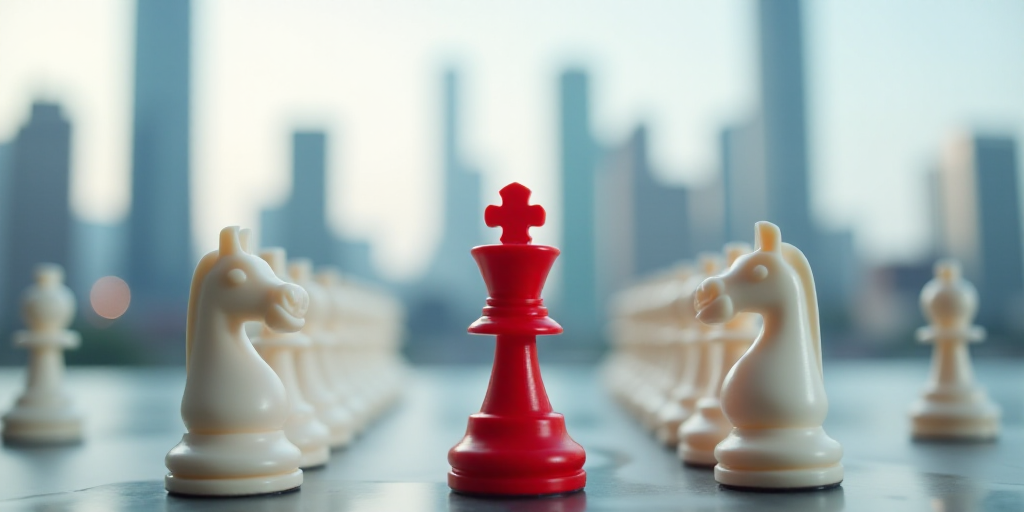Introduction
While Russia and China are often portrayed as partners aiming to weaken or dismantle the norm-based international order, only Russian President Vladimir Putin seeks this goal. In contrast, Chinese President Xi Jinping aspires to lead the reform of this international order, positioning China as its heir and future guardian. Xi reminds the West that China played a significant role in establishing current agreements.
Historical Context: China’s Role in WWII
Although the Second World War began in Europe in 1939, it started in Asia two years earlier when a skirmish between Chinese and Japanese troops near Beijing escalated into a full-scale war. By then, China had been resisting Japanese forces almost single-handedly for eight years, since Japan’s invasion of Manchuria in 1931. Despite Japan’s expanding conquest, China persevered, enduring massive losses.
Through determination and sacrifice, China earned its place among the “Four Greats” of WWII (alongside the USSR, the UK, and the US). At the 1943 Cairo Conference, Chinese Nationalist leader Chiang Kai-shek joined U.S. President Franklin D. Roosevelt and British Prime Minister Winston Churchill as an equal party. The Cairo Communique demanded Japan relinquish occupied Chinese territories and established China as the primary architect of the postwar accord.
China’s Involvement in Post-War Institutions
Chinese delegates attended the 1944 Bretton Woods Conference, where the International Monetary Fund (IMF) was created and the World Bank’s foundations were laid. At the 1945 San Francisco Conference, China became the first signatory of the United Nations Charter. In the debates leading to the 1948 Universal Declaration of Human Rights, Chinese philosopher and diplomat PC Chang advocated for incorporating Confucian community, duty, and precedent principles alongside Western individualism.
Lessons from China’s History
This often-forgotten history in the West contains crucial lessons. Firstly, a norm-based order benefits everyone. The UN, IMF, and World Bank face significant pressure today, being labeled obsolete or irrelevant by critics. However, abandoning them would open the door to power-driven logic once again defining international relations.
Secondly, shared purpose is vital for resilience. China’s prolonged resistance against Japanese forces in the 1930s and 1940s demonstrated that unity and determination enable societies to withstand extraordinary pressures. This determination will be crucial in facing pandemics, escalating climate change disruptions, and deepening geopolitical rivalries.
Lastly, no country can act alone. Although Chinese diplomacy during the war was marked by distrust, its leaders recognized the importance of cooperating with the UK, US, and USSR to ensure postwar agreements considered Chinese interests.
China’s Evolving Role in Global Institutions
After establishing the People’s Republic in 1949, China distanced itself from the post-WWII world order, with Mao Zedong dismissing international institutions as Western power instruments. However, in the 1970s, China returned, regaining its UN seat in 1971 and initiating its “reform and opening-up” policy in 1978. Since then, China has built strong global ties and amassed significant economic and geopolitical influence, undoubtedly earning a place among international decision-makers.
Xi’s goal is to modernize and reform existing global institutions, particularly increasing developing countries’ participation. He also aims to establish new institutions like the BRICS group of emerging major economies and the Asian Infrastructure Investment Bank, committed to advancing South Global interests.
Although China promotes international cooperation, it rejects foreign interference in its affairs. This stance also stems from history: China remembers the imperialist invasion and annexation period (1839-WWII), viewing it as a “century of humiliation.”
China’s dual experience of influence and subjugation is a distinctive feature of its foreign policy, potentially becoming an asset when reforming multilateral institutions. As a founding member of the post-WWII global order and a nation that has experienced subjugation and isolation, China is well-positioned to balance power demands with the imperative for inclusion.
Key Questions and Answers
- Question: What is the relevance of the current international order established in 1945?
Answer: The question is not whether this order remains relevant but if it can be renewed. Relevance requires reforms, legitimacy demands inclusion, and authority must be earned through flexibility, reliability, and commitment.
Author Information
Ana Palacio, former Spanish Minister of Foreign Affairs and Senior Vice President/General Counsel of the World Bank, is a visiting professor at Georgetown University.
Copyright: Project Syndicate, 1995 – 2025
www.project-syndicate.org






